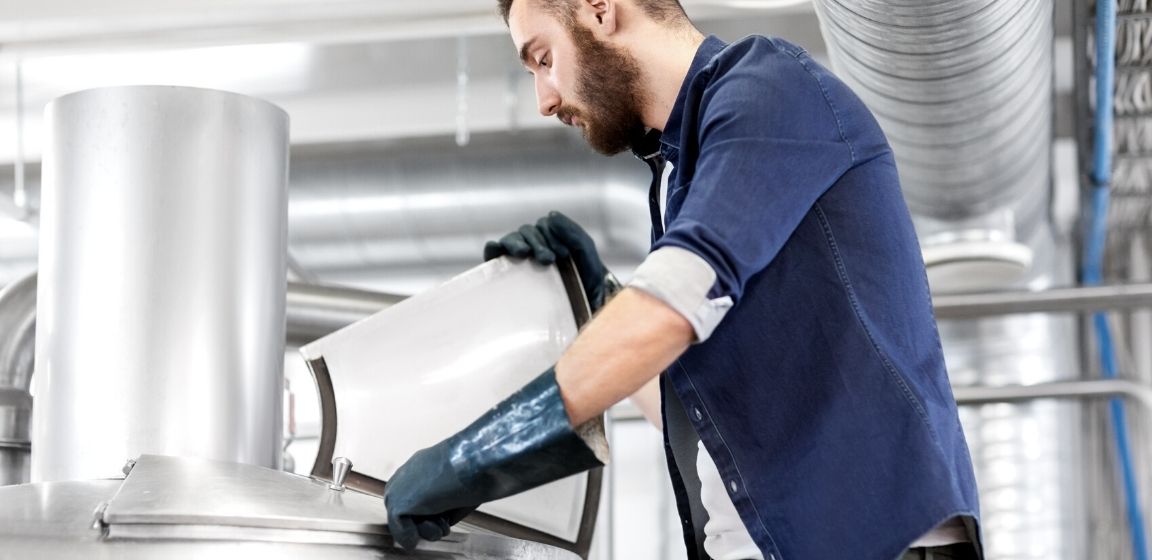[su_note note_color=”#ffe3e6″]This post contains affiliate links. Affiliate disclosure: As an Amazon Associate, we may earn commissions from qualifying purchases from Amazon.com and other Amazon websites.[/su_note]
If you know anything about beer, you know fermentation plays a key role in its creation. Without this crucial process, all we would have is a nice, tall glass of hoppy sugar water, and no one wants that. But beer flavor is more complicated than many would think. Read on to learn about the importance of fermentation to beer taste.
Ladle of Contents
Final Gravity
Most of a beer’s flavor relates to its final gravity. Final gravity describes how much sugar has dissolved in the liquid. And since alcohol and carbonation levels relate to how much sugar the yeast will eat, this is a pretty significant flavor consideration. One factor that impacts your beer’s final gravity is the temperature at which the brewers ferment the beer.
Flavor Stability
Flavor tends to change over time. A food’s—or in this case, a beverage’s— ability to maintain its flavor over a long period is known as its flavor stability. Although hops play a role in this, the biggest factors at play are oxygenation and boiling times, both of which are determined during fermentation.
Clarity
Despite the arguments your bar buddies may try to make, a beer’s clarity doesn’t technically impact its taste. However, according to psychologists, our visual perception of food influences how it tastes to us. For example, if you poured someone a glass of white wine and put red food coloring in it, it would change their perception of the flavor. If you think clarity will change the flavor, it just might.
How does fermentation impact clarity? That depends on whether a brewer uses a brite tank or a unitank. Unitanks allow you to ferment and age a beer in the same container. In this case, the beer won’t be as filtered as it would be if you had chosen to ferment the beer in a unitank and then aged it in a brite tank.
We already knew fermentation was important. But understanding exactly how fermentation is important to beer taste helps us really appreciate the blood, sweat, and tears brewers put into making the perfect beer.



